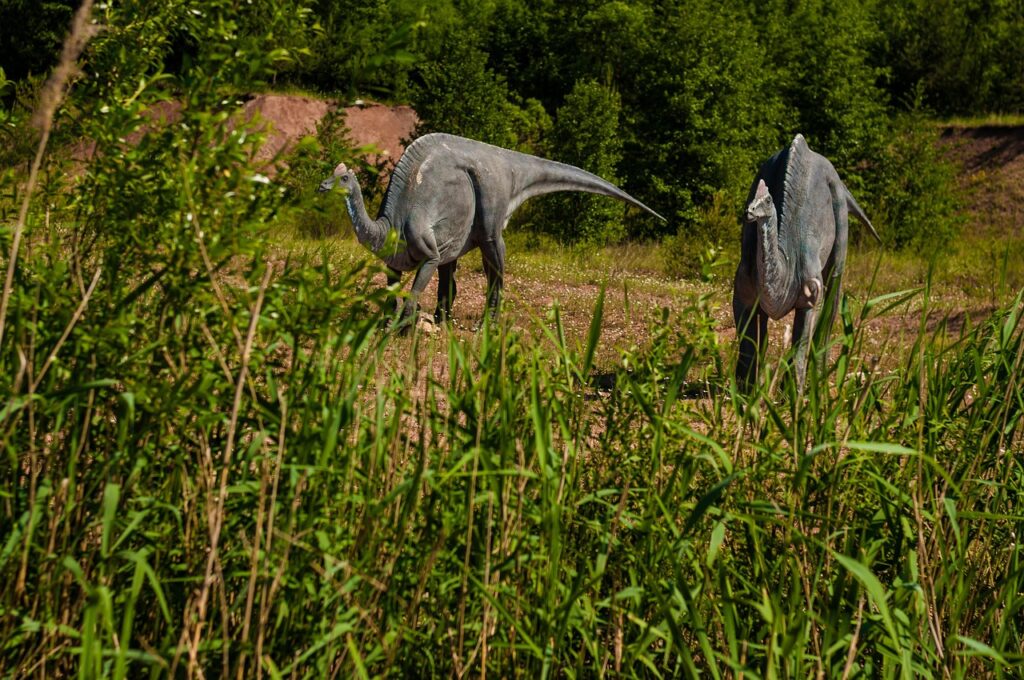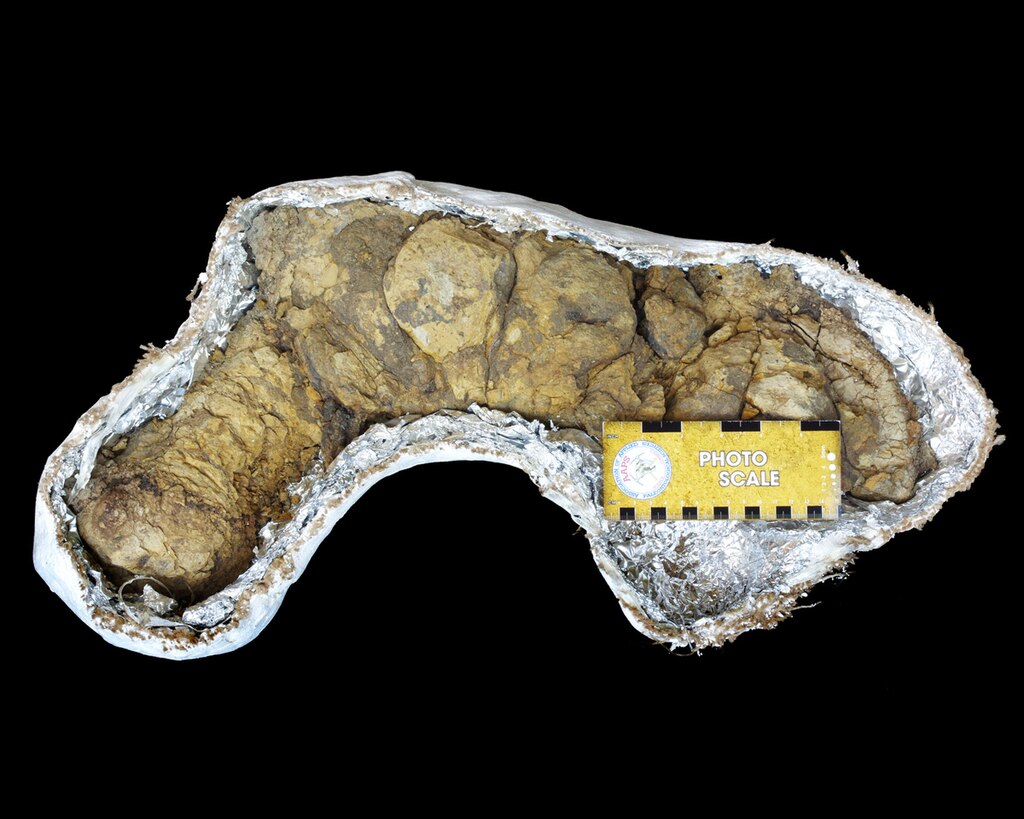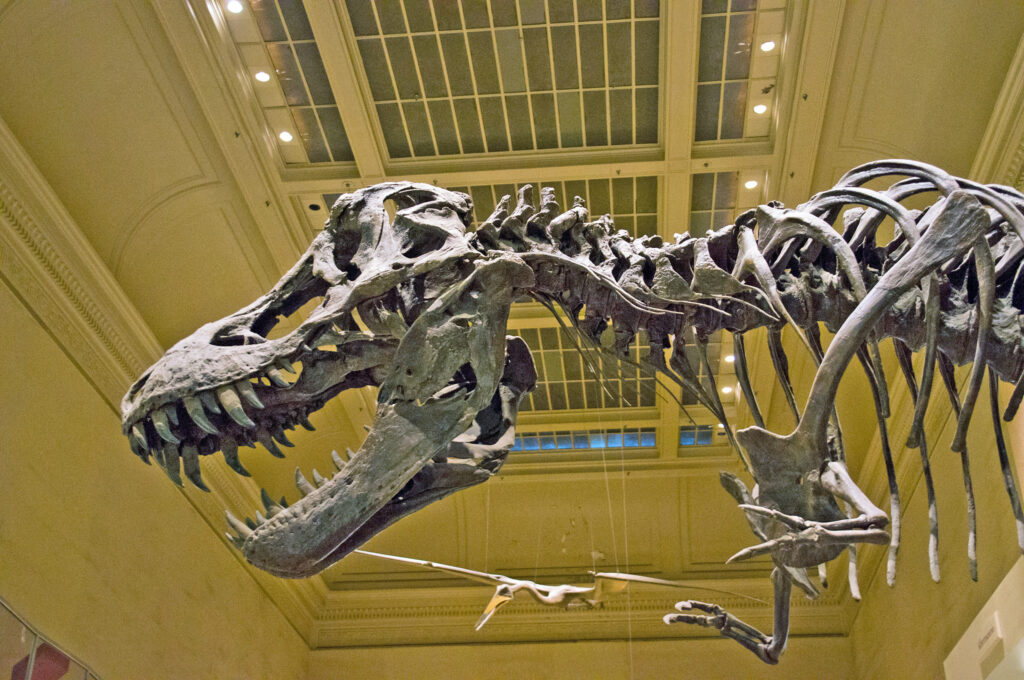Picture this: you’re transported back nearly 200 million years to the early Jurassic period, surrounded by lush ferns and the thunderous footsteps of massive dinosaurs. Scientists have recently discovered that these ancient giants weren’t the solitary creatures we once imagined. Research shows that dinosaurs evolved to live in complex social herds as early as 193 million years ago, with findings representing the earliest evidence of social herding among dinosaurs.
This fascinating discovery got us thinking: if zodiac signs existed back then, which ones would have thrived in these prehistoric herds? Each of the 12 zodiac signs has its own strengths, weaknesses, traits, desires, and way of viewing the world, with each ruled by an element: fire, earth, air, or water. Let’s embark on a playful journey to explore how each sign might have adapted to herd life alongside the mighty Mussaurus and their contemporaries.
Taurus: The Steady Leaders of the Pack

Taurus personalities are stalwart, earthy, practical, and stubborn, while being very protective and keeping an eye towards the safety of their home and family. In a Jurassic herd, you would have been the bedrock that held everyone together. Reliable, patient, and practical, Taureans are known for their strong will, though they can be stubborn and resistant to change.
Your natural inclination toward stability would have made you the perfect herd coordinator. Fossils suggest dinosaurs returned to nesting sites year after year near lakes, behavior that would have perfectly suited your love of routine and familiar territory. You’d have been the one ensuring the herd stayed together during migrations, never rushing but always moving with purpose. Though others might have found your pace frustratingly slow, your steady determination would have been exactly what the herd needed for long-term survival.
Cancer: The Ultimate Nurturers and Protectors

Compassionate, intuitive, and protective, Cancerians are known for their nurturing nature and emotional depth, though they can be moody and overly sensitive. In the ancient Jurassic herds, you would have naturally gravitated toward caring for the young and vulnerable members.
Evidence suggests dinosaurs optimized foraging through age-based social partitioning, with juveniles, and adults foraging in age-based groups, similar to behavior common in large terrestrial herbivores today. Your protective instincts would have made you the perfect guardian for juvenile dinosaurs. You’d have been deeply attuned to the emotional needs of the herd, sensing danger before others and creating safe spaces for nesting. Your strong family bonds would have helped establish the complex social structures that made these early herds so successful. While your sensitivity might have made you withdraw during conflicts, your nurturing nature would have been essential for raising the next generation of herd members.
Leo: The Natural-Born Herd Champions

Confident, generous, and charismatic, Leos are natural leaders who enjoy being the center of attention. In a Jurassic herd setting, you would have been impossible to ignore, commanding respect through sheer presence and magnetic personality.
Your natural leadership abilities would have made you the perfect alpha figure in any dinosaur herd. Aries pets have leadership traits and will let you know what they want, and they may even be in charge – qualities that would have served you well as a Leo. You’d have been the one leading charges against predators, organizing group movements, and keeping morale high during difficult times. Your generous nature would have ensured that weaker herd members were protected and cared for. Though your need for attention might have occasionally caused drama within the group, your brave heart and natural charisma would have inspired others to follow you through any challenge the Jurassic period could throw at you.
Virgo: The Meticulous Herd Organizers

Virgos are busy bees whose zodiac archetype represents divine duty, with bees being a divine symbol of diligence and teamwork that are believed to never sleep. Your incredible attention to detail and natural organizational skills would have made you indispensable to any prehistoric herd.
You would have been the herd’s living memory bank, keeping track of migration routes, seasonal patterns, and the best feeding grounds. Environmental seasonality and high energetic requirements of large-bodied sauropodomorphs probably required long foraging distances, which may have favoured synchronized behavior in gregarious sauropodomorphs. Your analytical mind would have been perfect for coordinating these complex seasonal movements. You’d have noticed the smallest changes in weather patterns, predator behavior, and food availability, alerting the herd to potential dangers or opportunities. While others might have found your perfectionist tendencies annoying, your careful planning and systematic approach would have significantly improved the herd’s survival chances.
Capricorn: The Disciplined Herd Strategists

The final Earth sign of the zodiac, Capricorn embodies discipline and structure, with pets born under this sign showing remarkable work ethic and natural resilience that makes them a joy to train. In the challenging Jurassic environment, your natural leadership and strategic thinking would have been invaluable assets.
Your incredible work ethic would have made you the ultimate team player in any dinosaur herd. Pets born under this sign thrive on work such as herding and throw themselves into it with much gusto and resolve, being generally easy to train because they want something to do. You’d have been the one establishing clear hierarchies, creating efficient foraging patterns, and ensuring that every herd member knew their role. Your patience and long-term thinking would have been crucial for planning seasonal migrations and establishing permanent nesting sites. Though others might have seen you as overly serious, your disciplined approach and unwavering determination would have helped your herd not just survive, but truly thrive in the competitive Jurassic ecosystem.
Pisces: The Intuitive Herd Harmonizers

Empathetic, artistic, and intuitive, Pisceans are known for their compassionate nature and creative talents, though they can be escapist and overly trusting. Your deep emotional intelligence and natural empathy would have made you the heart of any Jurassic herd.
Your intuitive abilities would have been almost supernatural in a prehistoric setting. Water signs are seen as shy, reserved, and sensitive, but also intuitive and in-tune with their feelings, making natural empaths with an ability to tap into emotions of people around them. You’d have been able to sense the herd’s emotional climate, detecting stress, fear, or contentment before others even realized what they were feeling. Your gentle nature would have made you the perfect mediator during conflicts, helping maintain the social cohesion that was so crucial for herd survival. While your tendency to trust easily might have occasionally put you at risk, your ability to create emotional bonds and foster cooperation would have been essential for the complex social structures these early dinosaur communities required.
Scorpio: The Fierce Herd Defenders

Scorpios are by far the strongest members of the zodiac, with pets born under this sign being willful, stubborn, and intelligent, also mischievous with insatiable curiosity. In the dangerous Jurassic world, your intensity and protective instincts would have made you the ultimate herd guardian.
Your natural intensity would have served you well in the life-or-death struggles of prehistoric herd life. Your intensity and depth in relationships helps build everlasting trust with people closest to you, making you one of the most loyal signs of the zodiac. You’d have been fiercely protective of your chosen herd family, willing to face any threat to keep them safe. Your ability to read situations and detect hidden dangers would have been invaluable in a world full of predators. Your loyalty would have been absolute once you committed to a herd, and your mysterious nature would have kept enemies guessing about your next move. Though your intensity might have sometimes overwhelmed more gentle herd members, your unwavering dedication and protective instincts would have been crucial for group survival in the harsh Jurassic landscape.
Conclusion: The Prehistoric Social Network

Looking back at this imaginary journey through Jurassic herd life, it’s fascinating to see how different zodiac traits would have contributed to prehistoric survival. The exceptional case of Mussaurus, which shows herd behavior and age-segregation structure, indicates sociality may have influenced the early success of the first global radiation of large-bodied herbivorous dinosaurs.
Just as these ancient creatures discovered that cooperation and social bonds were key to thriving in a dangerous world, each zodiac sign would have brought unique strengths to the herd. From Taurus’s steady reliability to Scorpio’s fierce protection, Cancer’s nurturing care to Capricorn’s strategic planning, every personality type would have played a vital role in creating the complex social structures that helped early dinosaurs dominate their ecosystems.
Perhaps most importantly, this playful exploration reminds us that diversity in personality and approach isn’t just beneficial – it’s essential for any group’s success, whether in the ancient Jurassic or our modern world. What do you think? Which zodiac sign would have made the best herd leader in prehistoric times?



